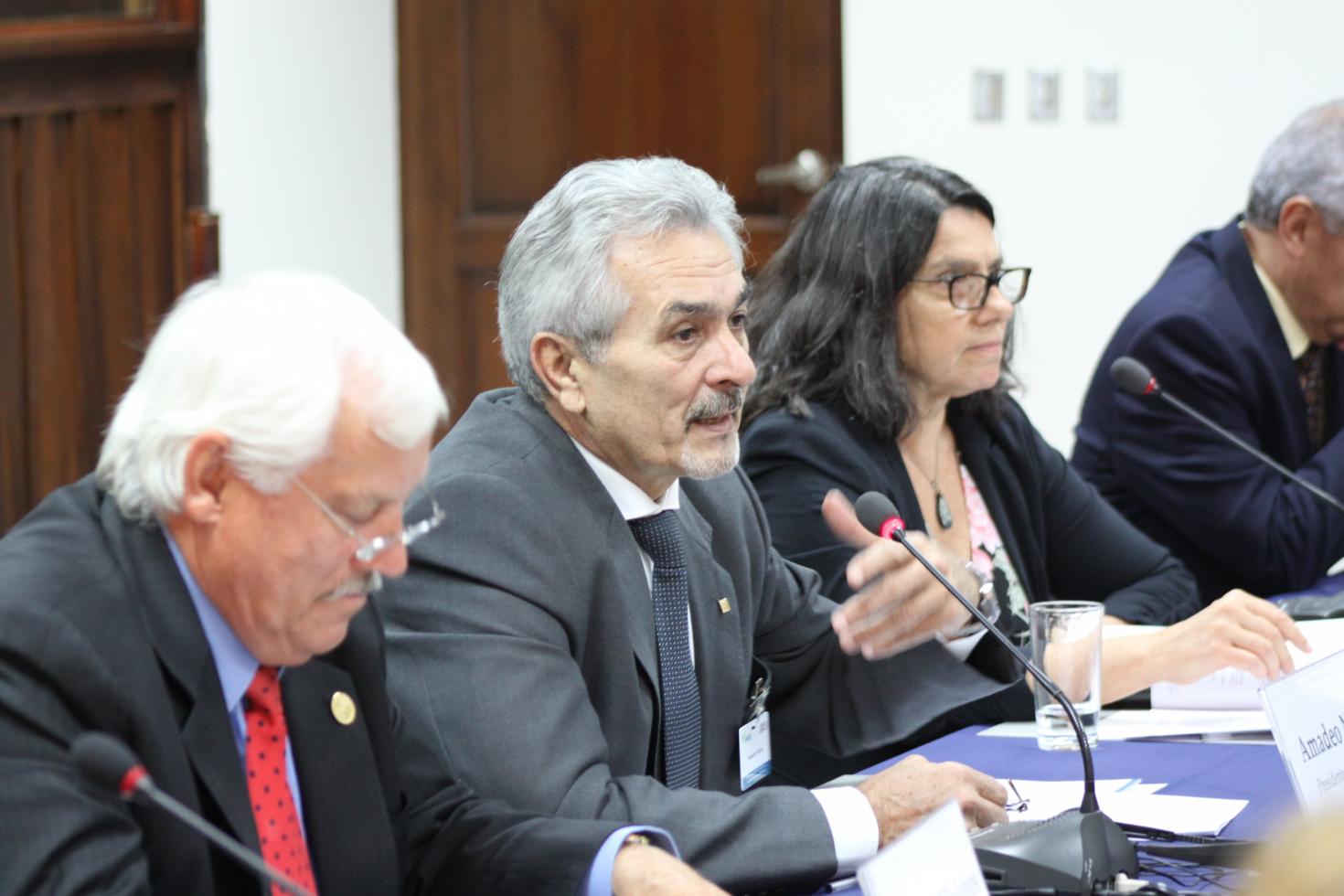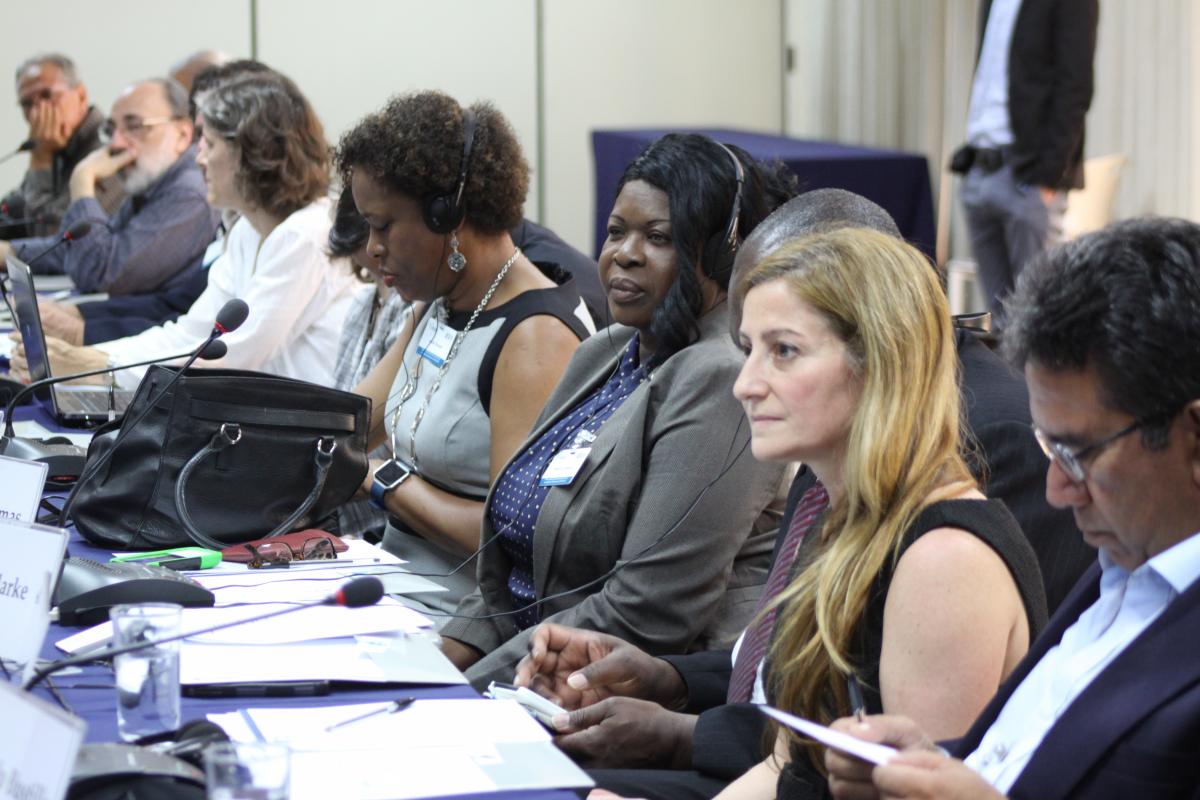Under a new organizational model, this hemispheric organization established its work priorities in order to support research and technological development in agriculture.
San Jose, 08 September, 2017 (IICA). Natural resources and biodiversity, economic, social and environmental sustainability, innovation for family agriculture and capacity development are some of the urgent areas of work that the Assembly of Members has defined for the Forum of the Americas on Agricultural Research and Technology Development (FORAGRO).

Meeting for the first time at the headquarters of the Inter-American Institute for Cooperation on Agriculture (IICA), with online participation by a number of members, the new Assembly of FORAGRO adopted an organizational model that will facilitate the Forum carrying out its duties in a more sustainable, inclusive, and efficient manner in order to tackle, through agricultural innovation, the challenges and opportunities that agriculture presents.
“At IICA, we are committed to continue supporting this effort by FORAGRO and, in doing so, address the great and diverse demands that exist in our region in order to provide the production sector with the knowledge and technologies needed to bring about better agriculture in the hemisphere,” stated Victor M. Villalobos, Director General of IICA and head of the organization hosting the event.
“This is a historic moment for FORAGRO. With this restructuring process, we begin a new phase of improving efficiency in agricultural research and innovation”, stated Amadeo Nicora, current president of FORAGRO, during the opening ceremony.
Established in 1997, FORAGRO is the mechanism within the hemisphere for discussing and forging agreements on matters such as research and innovation that impact the agricultural sector in the Americas.
The importance of FORAGRO is linked to its more than 20 years of working for agricultural innovation systems and on influencing policies that promote agricultural development from a technological perspective.
According to Mario Allegri, ex-president of the Forum, “in FORAGRO, the vocation and conviction of successive members has been essential to maintaining continuity and strengthening the regional system for research, development and innovation in agriculture, and to promoting it at the international level, thus positioning FORAGRO as an asset for the Latin American and Caribbean region”.

During the high-level meeting, the Statute of FORAGRO and the mechanisms for including new members and for nominating and electing a new Steering Committee were approved.
Additionally, analyses of research agendas of the institutions within the hemisphere, demands from the sector and trends in research systems, as well as research, development and innovation (R+D+i) in agriculture and agroindustries at the global level were presented and used as a basis to define the priority topics for the Forum’s activities.
The work of the Forum continues with the drafting of its new strategic plan. To this end, the Assembly has established an agreement with the Global Forum on Agricultural Research (GFAR) to procure the technical and financial support that the process requires.
The Assembly also approved the new graphic identity of the Forum and its new website.
To access the presentations made at the meeting, you may visit the new FORAGRO website.
As part of its restructuring process, FORAGRO will be presenting its new work model in the upcoming meeting of the Inter-American Board of Agriculture (IABA), to be held at IICA Headquarters in October 2017.
More information: maria.rodriguez@iica.int











